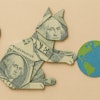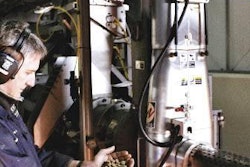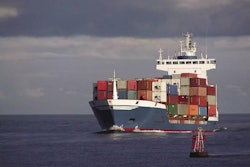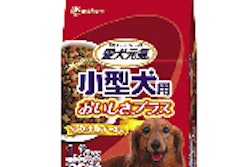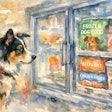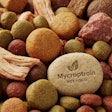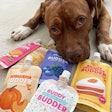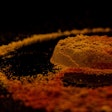Private label manufacturing sometimes seems like European petfood's best-kept secret. Few people outside the Euro-zone appear to realize that already over 25% of the petfoods sold here are private label, in the sense of having been manufactured for someone else's brand. So high is the sector's pace of expansion currently, that forecasts made only a matter of months ago are being revised. Not long ago it was safe to predict a 30-33% market share for the private labellers within the coming three years. Now a sensible revision would take the predicted level up to 35%, if not higher.
It is worth pointing out that these percentages refer to a market average across all Europe. In reality, the share held by private label varies so much from one European country to the next that any talk of an average is almost meaningless. Some countries see a stake of no more than 20% for those who support brands other than their own. At the other extreme, in France, private label is considered to account for at least 55% of the national volume.
Lowest on this particular European list would be Italy, at around 19%. By a strange anomaly, however, an exhibition held in an Italian city has provided one of the most potent demonstrations of the private label movement's momentum.
Zoomark and private label
The show was Zoomark and the venue was Bologna. Exhibitors united in defining the scene in Europe as dominated by the top five multinationals and a small clutch of strong regional players, yet still with opportunities for the factories that want to supply the supermarkets with store brand goods. The predicted rise in private label can mean only a struggle for the big brands to maintain market share, said the people on several Zoomark stands. Some insiders even think that the household names of international petfoods face a fight to stay competitive. Their corporate cultures and locations are said to give them added costs in manufacturing and distribution when compared with the most efficient private labelling groups. How much extra is debatable, but one assessor said some manufacturers may actually be producing at twice the cost of others.
The difficulty for private label most often mentioned at Zoomark was the internationalization of the supermarket chains inside the expanded European Union. It will be bad news for the small, local, independent factory if the chains decided to source products centrally, according to the most frequently voiced opinion, because the retailers then will want to deal only with suppliers who have the financial muscle to guarantee a consistency of supply across countries.
Cybo also needs feeding
We must pay tribute to a good joke at the Zoomark show in Italy. Exhibitions can be serious events, despite the presence of pretty girls and publicity stunts. So a little light relief came as a pleasant surprise when we found it on the display of Italian petfood group Cerere.
Fronting the Cerere exhibit was a dog. This was no live animal, however. Instead, it was one of those robotic "cyber-dogs" that you see in the electronic stores. No one yet has suggested needing a dog food especially for cyber-age canines, said a sign on the stand. But as soon as one is needed, we will be the first to produce it!
Sure enough, there on the group's stand was an example of the proposed food: a collection of electric light bulbs given the mock brand name of Cybo Power Line.
